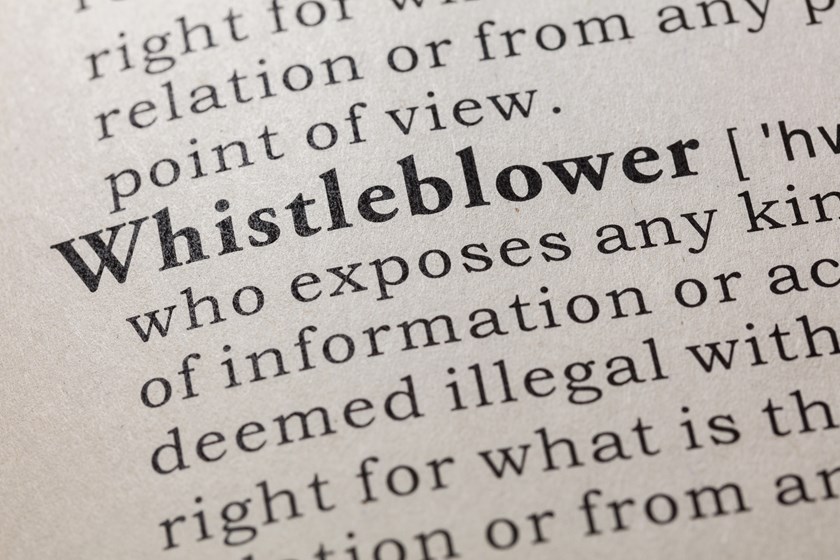Protecting your brand: Court of Appeal orders that internet service providers must block counterfeit websites
News

Cartier International AG and others v BskyB and others [2016] EWCA Civ 658
In July the Court of Appeal upheld a decision ordering BskyB, BT, EE, TalkTalk and Virgin (the "ISPs") to block websites selling counterfeit goods.
The case against the ISPs was brought by Cartier, Montblanc and Richemont ("the Brands"), who submitted that the counterfeit websites were infringing their registered trademarks, with the help of a service provided by the ISPs. The Brands therefore sought an order requiring the ISPs to block these sites, to which the High Court and the Court of Appeal agreed.
The judgment is significant in confirming that UK courts will order ISPs to block counterfeit websites and that they have the jurisdiction to do so. It is likely to lead to further applications from brands whose trademarks are being breached by sites selling counterfeit goods.
Background
The Brands had been successful in the High Court in securing injunctions against the ISPs, requiring them to block websites selling counterfeit products based on the claimants' brands. The Brands argued that the operators of the counterfeit websites relied on the services of the ISPs in order to sell their products, and they were suffering significant losses as a result. These losses were not only in revenue, but also in damage to their reputation and in customer confidence in their brands.
The ISPs appealed the decision, claiming that the court did not have the jurisdiction to grant this type of injunction against them, particularly as they were not guilty of wrongdoing themselves. They argued that UK law gave the courts the power to grant an injunction in relation to copyright infringement, but not in relation to trademarks. This is because the UK has not yet passed domestic legislation incorporating Article 11 of the EU's Enforcement Directive (2004/48/EC), which requires Member States to ensure that rightholders can apply for injunctions against ISPs who are used by a third party to infringe their IP rights.
The ISPs also argued that it was disproportionate to require them to block these sites. The Court of Appeal disagreed with the ISPs' interpretation.
Court of Appeal Decision
The Court of Appeal upheld the High Court's decision that the court has a wide jurisdiction to grant injunctions, using its discretion under section 37(1) of the Senior Courts Act 1981. It also held that Article 11 of the EU's Enforcement Directive provided a principled basis for doing so. In fact, the courts were bound by the Marleasing principle (which requires domestic courts to interpret legislation consistently with EU law) to take Article 11 into account.
While acknowledging that the ISPs themselves were not responsible for the infringing activity of the counterfeit websites, the Court of Appeal agreed with the High Court that the comparative importance of the rights engaged meant the interference with the ISPs right to conduct business was justified.
In relation to proportionality, while the Court of Appeal acknowledged that it would be costly for ISPs to continuously implement blocking orders of this kind, it agreed with the High Court that cost alone was not enough to conclude that the injunctions should not be granted. The costs burden on the ISPs was justified by the likely efficacy of the blocking measures and the benefit to the claimants.
The Court highlighted that the ISPs already had the necessary technology to implement the injunctions and that they could, in theory, pass on these costs to their customers. They also noted that the Enforcement Directive had been drafted taking this issue into account, with EU legislators concluding that it was more cost-effective for ISPs to bear this cost, than for rightholders to pursue the infringers directly.
Conclusion
This is a significant decision for brands who frequently find themselves the target of counterfeit products or IP infringement. The Court of Appeal confirmed that UK courts have the jurisdiction to grant injunctions requiring intermediaries to prevent third parties from infringing IP rights. The decision will most likely lead to similar applications from other brands in future.
However, it remains to be seen how decisions like this one will be affected by Brexit. In this judgment the Court of Appeal highlighted its duty to interpret domestic law in line with EU legislation, leading to judgment in the claimants' favour. The Court of Appeal's ruling relied heavily on EU law, and it is to be seen whether the court would have reached the same conclusion based solely on domestic legislation. Whilst there is a question of how cases like this will be determined once the UK leaves the EU, for now at least Brands can and should look to the UK courts to enforce their rights.
If you require further information on anything covered in this briefing please contact Michael Patrick ([email protected], 020 3375 7563) or your usual contact at the firm on 020 3375 7000. Further information can also be found on the Brand & Reputation Management page on our website.
This publication is a general summary of the law. It should not replace legal advice tailored to your specific circumstances.
© Farrer & Co LLP, September 2016





